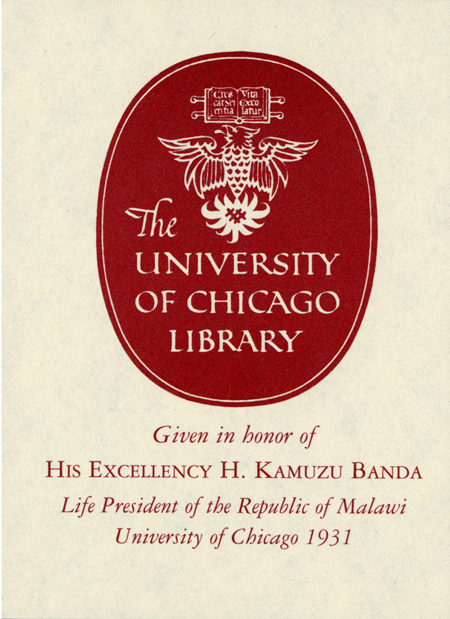chapter 1The Onshore Effecti bet you don't dare touch the salad. It was my first week in Africa, and I must have looked every inch the amateur because I was being teased mercilessly. Its fine, you know. Its not going to make you sick. Not like the salads you get in London. I was at lunch with Adwoa Edun, a Ghanaian-born, half-British owner of a Lagos bookshop who also happens to be married to a senior politician in the Lagos State government. Between lashings of gentle mockery, she was giving me her perspective as an expatriate African who had made Nigeria an adopted homeland. Nigerians have a tolerance level that is beyond any I have ever seen, she said. You know, living in Nigeria, there are so many times when I have thought to myself, okay, this is it, Adwoa. We are going to have to pack our bags now. Where are we going to go? But then, every time, the country just somehow muddles through. Sooner or later, every expatriate conversation about Nigeria comes around to some version of this conclusion that here is a country with an unparalleled knack for survival, an almost inspired ability to lurch from crisis to crisis, even to the point of what to outside eyes resembles anarchy, before retreating from the brink and sliding back into a low-intensity seethe. Most such conversations then turn to the subject of oil, and the volatile politics of the Niger Delta. Ours was no exception. Adwoa had no special expertise on the matter, but I had declared my intention to visit the Delta, so she agreed to give me a little friendly advice. She took my pen and notepad, and drew three large dots about an inch apart, which she labeled Benin City, Sapele, and Warri. Bisecting Sapele, she drew a pair of faint wavy lines. On the Benin side of the wavy lines, she wrote peace. On the Warri side: trouble. Living in Lagos, she said, this is all we ever really know about the Delta. That if you head southeast, there is only so far you can go before you start to run into trouble. Trouble, in my limited experience, is a word people use when they are trying not to say war. Growing up, I heard the conflict in Northern Ireland described by successive British governments as the Troubles, before it was finally put to a peace process. Its one of those words, like inclement or unhygienic, all middle-class and squeamish, that masks the true extent of the lurking horror. Its the kind of word that stops a conversation before it starts to get awkward; that signals, with a flick of the eyebrow and the tapping of a pen, that no more questions will be entertained today, thank you very much. There's been some trouble, to the foreign journalist in Africa, generally means the shit has hit the fan. By anyone's definition, the Niger Delta today is a place of troubles. Gangs of teenagers cruise the creeks and swamps in speedboats, bristling with automatic weapons. Oil is sucked out of pipelines under cover of night and sold on the black market to raise money for rival warlord Excerpted from Untapped: The Scramble for Africa's Oil by John Ghazvinian All rights reserved by the original copyright owners. Excerpts are provided for display purposes only and may not be reproduced, reprinted or distributed without the written permission of the publisher.

